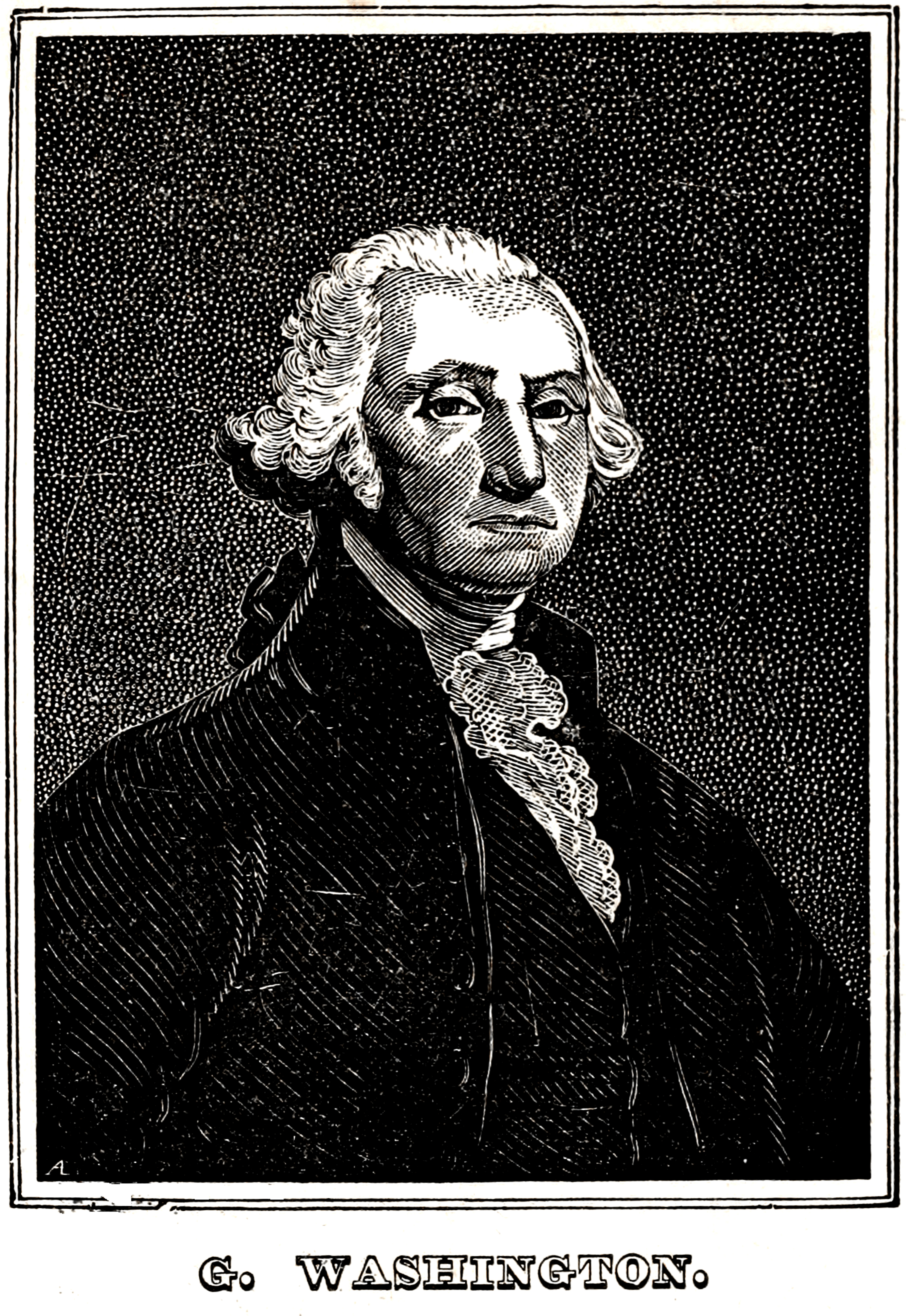15
The Cherry Tree Anecdote.
…
The following anecdote is a case in point. It is too valuable to be lost, and too true to be doubted; for it was communicated to me by the same excellent lady to whom I am indebted for the last.
“When George,” said she, “was about six years old, he was made the wealthy master of a hatchet! of which, like most little boys, he was immoderately fond, and was constantly going about chopping everything that came in his way. One day, in the garden, where he often amused himself hacking his mother's pea-sticks, he unluckily tried the edge of his hatchet on the body of a beautiful young English cherry-tree, which he barked so terribly, that I don't believe the tree ever got the better of it. The next morning the old gentleman, finding out what had befallen his tree, which, by the by, was a great favourite, came into the house; and with much warmth asked for the mischievous author, declaring at the same time, that he would not have taken five guineas for his tree. Nobody could tell him anything about it. Presently George and his hatchet made their appearance. “George,” said his father, “do you know who killed that beautiful little cherry tree yonder in the garden?” This was a tough question; and George staggered under it for a moment; but quickly recovered himself; and looking at his father, with the sweet face of youth brightened with the inexpressible charm of all conquering truth, he bravely cried out, “I can't tell a lie. Pa, you know I can't tell a lie. I did cut it with my hatchet.” — “Run to my arms, you dearest boy,” cried his father in transports,“run to my arms; glad am I, George, that you killed my tree; for you have paid me for it a thousand fold. Such an act of heroism in my son is more worth than a thousand trees, though blossomed with silver, and their fruits of purest gold.”
…

